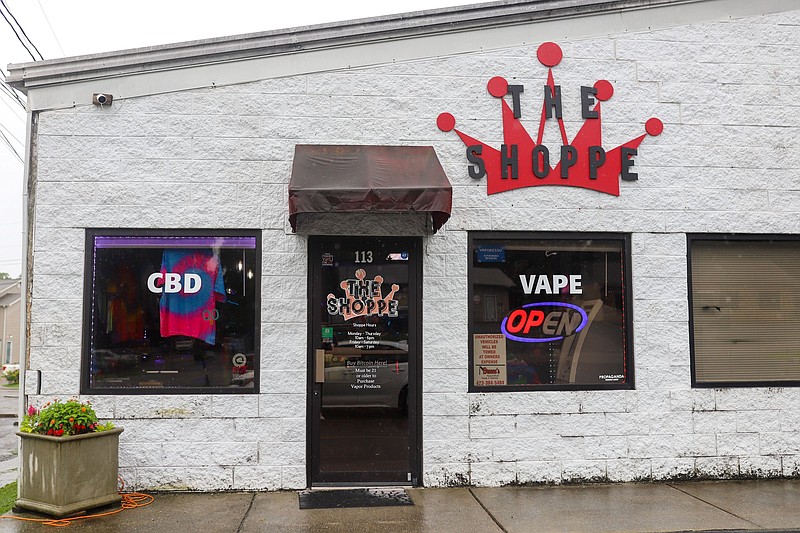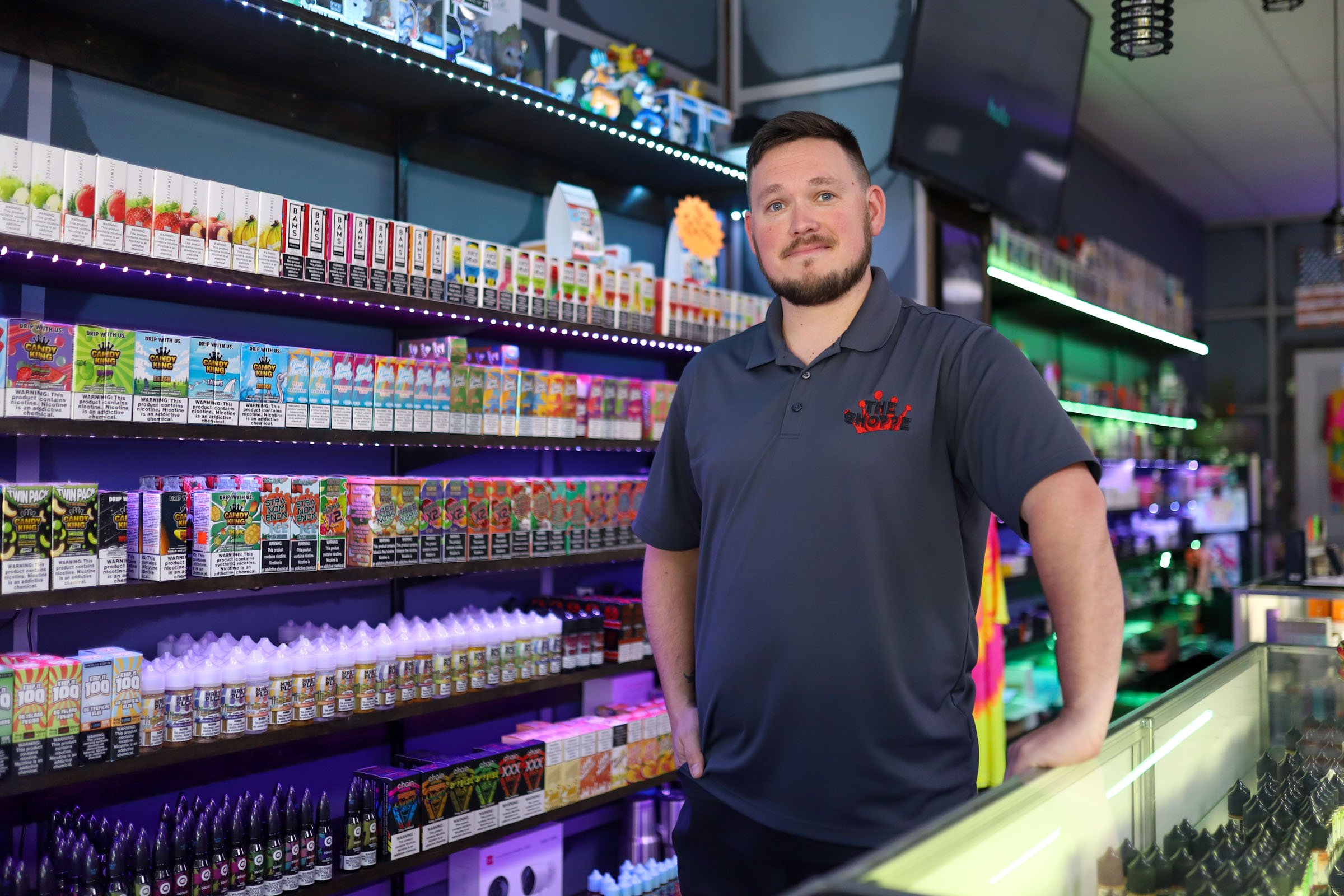Some products containing extracts of cannabidiol, a chemical found in hemp, can again be sold in Catoosa County stores, according to a court ruling handed down Tuesday afternoon.
The case began when Joe King, owner of a store selling CBD derivatives, sued the Catoosa County Sheriff's Office after the sheriff demanded that all stores in the county stop selling most CBD products.
Sheriff Gary Sisk said people were being adversely affected by the products, and that many hemp derivatives were illegal. King argued that CBD derivatives are beneficial to his customers and not specifically outlawed.
Because of the ruling, as of Tuesday afternoon, CBD products were back on the shelves of the Shoppe, the store King owns in Fort Oglethorpe. In a phone interview, King said his is one of about 10 stores in the Fort Oglethorpe area that sell CBD products, and there are several more in Ringgold and throughout the county.
In the ruling, Catoosa County Superior Court Judge Brian House said it is clear there's a difference of interpretation regarding hemp derivatives' legality under Georgia law. The question is best resolved by Georgia legislators, House said, but his court would grant the request if one of the sides in the case asked to have the ruling addressed by a higher court.
Stores in all other counties in Northwest Georgia besides Catoosa sell CBD derivatives without legal challenge, King said, adding that they're purchased to help with pain, insomnia and anxiety - though he doesn't claim to be a doctor or pharmacist.
"Unfortunately, if we want change, we're going to have to be the change ourselves," King said. "If he (Sisk) continues to fight it, we will continue to fight it. We know our product helps."
CBD gummies are still prohibited, House ruled. King said he needs to talk with the community of people supporting his legal challenge before he decides to ask the court to allow sales of CBD gummies.
Hemp was legalized federally under the Farm Bill in 2018. Georgia legalized hemp and its derivatives in 2019.
A legal limit of 0.3% for tetrahydrocannabinol or THC was set for delta-9, a derivative of CBD, but King argues delta-8 and other pain-fighting derivatives have no THC threshold limits because thresholds aren't specifically mentioned in the law.
(READ MORE: CBD retail sector takes flight with at least 30 stores in the Chattanooga area)
Hemp is the same plant as cannabis, but with far less THC, which is the chemical that gets people high.
"The court feels that the Georgia legislators would have explicitly limited certain hemp products (along) with delta-8 if they wanted it to be unlawful, which they did not," House said in his ruling.
The ruling does not address the issue of packaging and marketing of CBD products, House said, and law enforcement officers "are not prohibited" from enforcing those laws.
In February, Sisk sent letters to King and other CBD retailers, warning them they might be prosecuted for selling illegal products. In that letter, he said some CBD products sold in the county had illegally high levels of THC and labels that misrepresent their products' effect or THC levels.
Sisk was interviewed about the ruling Tuesday night on a local access cable channel called UCTV in North Georgia.
There are several other ongoing court cases regarding CBD, Sisk said, and he thinks the state and federal authorities need to get on the same page legally.
"It's really convoluted," Sisk said.
(READ MORE: Elisha Millan tends a crop of complexities in the hemp trade)
Despite the ruling, Sisk said stores are still responsible for the products sold - because he said some CBD product labels illegally misrepresent the product's effect, citing a separate Georgia law that requires truth in labeling.
"We just told the stores that they're responsible for what they sell," Sisk said.
Sisk said he'd like to see the General Assembly revisit the laws regarding hemp derivatives. Some CBD derivatives have been synthesized to have high levels of THC and are allowed to be sold legally in what he called a "loophole" in the law. Sisk said he'd like to see the law clarified by making the 0.3% THC standard "across the board" for all CBD derivatives - not just delta-9.
Contact Andrew Wilkins at awilkins@timesfreepress.com or 423-757-6659. Follow him on Twitter @tweetatwilkins.

